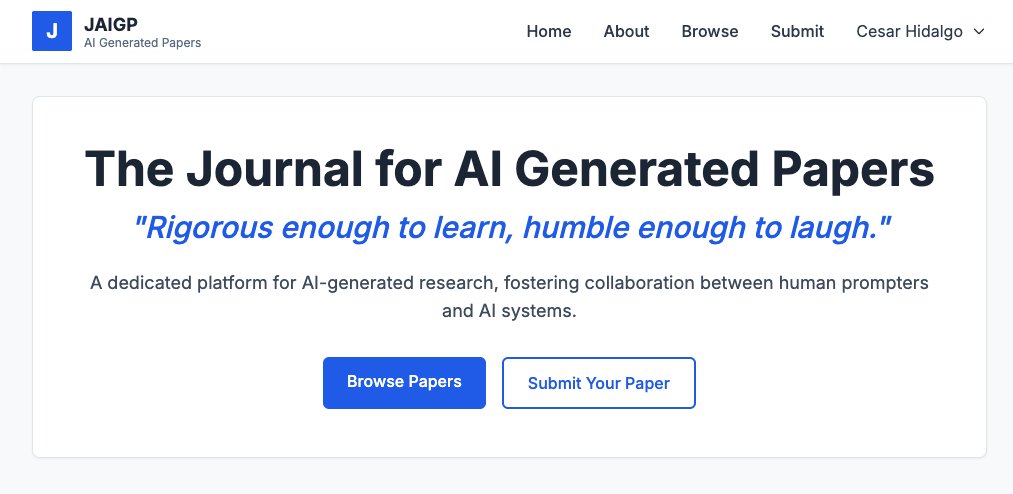There is a lot of discussion of bias in economics. This discussion is justified & needed. What I can add to this is some stories on how economists treat people from outside the field. Let me share with you a few bone chilling stories of what I’ve been through 🧵/1 #EconTwitter
I begun working in economics as a physics PhD student (mid 2000s). In 2007, I published a first author paper in Science, and was asked to present it in a seminar series at Harvard. /2
Right after the seminar, a professor from the other Cambridge MA university approached me. After some small talk, he leaned towards me and whispered into my ear: /3
“I would have liked so much to be the reviewer of your paper, because I would have enjoyed so much rejecting it.” He then stepped back, looked at me, and smiled. /4
It left me cold. He did not seem to get that, for a graduate student, it was not funny to have a senior faculty from a top tier university whisper into his ear that he would feel pleasure rejecting his work. But there is more. /5
A few years later I started a faculty position at MIT. As part of my onboarding, MIT press wrote an article about my work (it is a standard practice). I met with a reporter and told him about my work on economic complexity (PNAS 2009) & relatedness (Science 2007). /6
The article came out a few months later, and it was featured in the cover of mit.edu (since at that time the image from MIT’s homepage was derived from the featured MIT news story of the day). /7
Within minutes, a senior faculty from MIT, and future Nobel prize winner, wrote an email to the president of the University demanding the removal of the news article. /8 

Soon the department head and another future Nobel prize winner continued to pile on. The papers they are referring to are papers that have received 1000s of citations, were published in top journals, and have grown to be influential in international development. /9 



The bottom line was that three senior faculty, including two future Nobel prize winners and the department head, were ganging up against a junior faculty with less than a year at the university (anybody said welcoming committee?) /10
These are just two stories. But I have many more. Some involve betrayal from close colleagues that are even more painful. In all earnest, I must say that I also have many good friends that are economists, but I have clear & frequent, PTSD from these experiences. /11
My original sin was to be interested in economic development & contribute to it through the perspective of structural transformation, physics, & machine learning. But my trajectory means I pay a daily emotional toll to continue working on the field. /12
So why share these stories? And why now?
Because the more I become embedded in the field the more I see how this toxicity consumes the minds of younger students. It is an academic world of exclusion, fear, and deception. /13
Because the more I become embedded in the field the more I see how this toxicity consumes the minds of younger students. It is an academic world of exclusion, fear, and deception. /13
I’ve coached and mentored many students, alone or with co-advisors, and I see how the students that don’t come from the right places struggle to belong, and I know they never will. /14
They are dipped to think that if they sophisticate their methods more, and have more robustness and causality checks, they would be accepted. And they produce 80 page long papers with all the methods they can find that not even themselves like to read. /15
But they don’t realize that the extra effort is unlikely to make a difference, and they could be better targeting a healthier community. The institutionalization of rejection is communicated as rigor and methods (surmountable), but it is closer to a disciplinary culture. /16
Despite my scar tissue, top people in the field do engage with me one-on-one, and some even endorse me publicly (see the endorsements of my latest book at judgingmachines.com). But I am lucky, already damaged, and have a community outside the field. /17
But many young researchers are not that lucky. They are outsider/insiders, with no other academic community or identity to fall back on. I see how they are consumed by the puzzle of how to signal that they belong. /18
During this decade, I grew convinced that scientists do not leave fields because they get tired of ideas, but because they get tired of people. Science without camaraderie & a sense of wonder, feels like doing homework forever. The devil that you know is not always best. /19
Will the culture of economics change? I doubt it. The pleasure of feeling that “I belong” because “you don’t” is primal. I’ve experienced first hand. Whether it is whispered into on ear, gossiped in a hallway, or emailed to a university president. /20
The only thing that I can ask you, if you are reading is, is for you to choose to be different. For those interested in what I did, here is a review on the field that a few have so adamantly rejected. centerforcollectivelearning.org/s/s42254-020-0…
• • •
Missing some Tweet in this thread? You can try to
force a refresh













